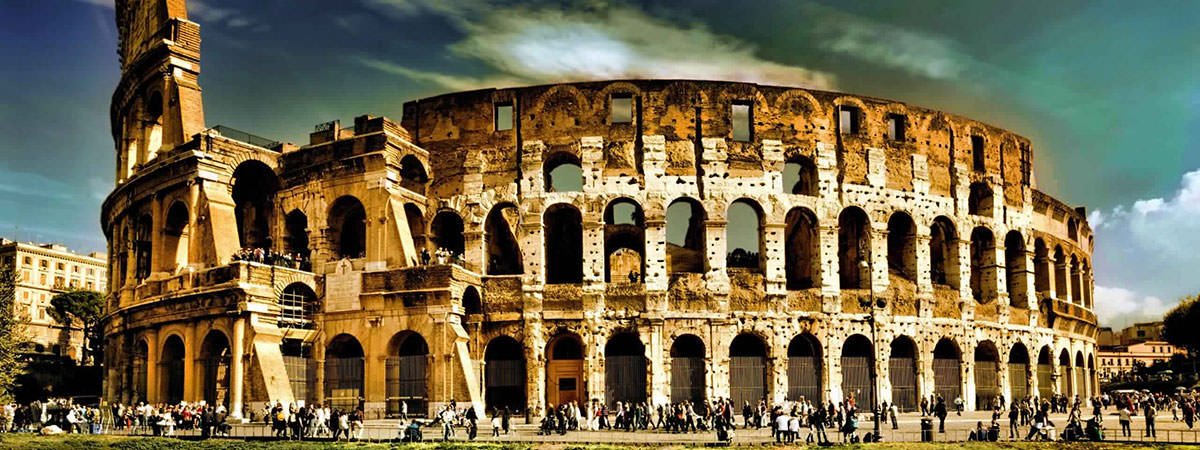History has witnessed the rise and fall of many great civilizations and empires that changed the course of history and passed on some valuable knowledge. Some of the greatest inventions that we still use until this day was first found and used by the people of ancient civilizations. They left behind many ruins and scripts, that helped the modern world to understand many historical events and unlock the secrets of many nations.
Below are some of the most powerful ancient civilizations and empires in history:
Ancient Greece
Ancient Greece first emerged in 800 B.C., following the collapse of the Mycenaean civilization. Rising Greece later consisted of several self-govern states and was known for its great achievements in the fields of art, politics, architecture, and science. It is also the home of many important philosophical figures including, Plato, Aristotle, and Socrates. Ancient Greece had a great influence on modern politics; Athens, one of Ancient Greece’s self-governed states was the first to develop and embrace a democratic system. The word ‘democracy’ is derived from the Greek ‘dēmokratia’ which means the rule of the people.
Ancient China
This powerful empire existed 4000 years ago and was ruled by many dynasties including, the Shang, which was the first to reign over China, the Ming, the Qin, the Han, and more. But the empire went through its golden age during the Tang dynasty’s rule; China prospered and lived in peace and turned into one of the most influential civilizations of that time. The ancient Chinese was the first to make paper. They also invented the press printer, gun powder, and compass. To this day, the Great Wall of China, one of the world’s 7 wonders, stands as a witness of Ancient China’s glory.
Ancient Egypt
Ancient Egypt was one of the greatest civilizations in the ancient Middle East and was ruled by the Pharaohs for almost 30 centuries from 3100 (B.C.) until its conquer on the hands of Alexander the Great in 322 (B.C.). Ancient Egyptians had many achievements in the fields of mathematics, medicine, art, mummification, and architecture. Ancient Egyptian healers were able to fix broken bones, stitch wounds, and perform amputations. This long-lived civilization left behind many wonders that still impress archaeologists in the present time including, the Pyramids of Giza, the Great Sphinx of Giza, ancient mummies that survived through thousands of years, old Egyptian scrolls written in the hieroglyphic language, and temples.
The Inca Empire
The Inca Civilization is considered one of the biggest empires of the Pre-Columbian era. One of the most impressive things about this civilization is its road network, which covered over 3600 km. The empire had two roads, or what can be referred to as highways, one of them extended along the coast, and the other one crossed the highlands. The road system was supported by the construction of tunnels and bridges, and its use was limited to the government and military. Some of the roads and bridges are still standing until this day and are used by local villagers in Peru.
The Roman Empire
The significance of the Roman Empire is undeniable. It was one of the most powerful and influential states since the beginning of civilization. The Romans dominated the world and reigned over the Mediterranean basin countries, Western Europe, and many countries in northern Africa. The empire possessed a skillful army and was prominent in the fields of law, road construction, and architecture. Latin, the official language of the Roman Empire was the base of many literary works including Terence’s drama, and the poetry of Virgil, which helped to immortalize the Roman heritage and legacy.




